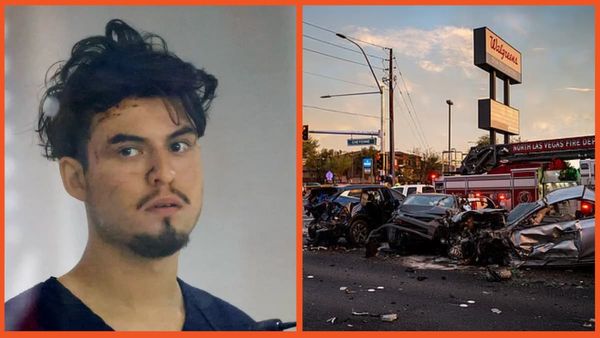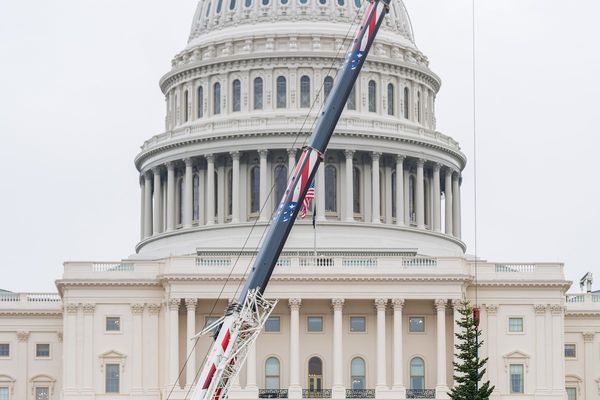
President Donald Trump is still working on a proposal to address rising healthcare insurance premiums under the Affordable Care Act, but the White House has not confirmed when the plan will be unveiled. The delay has reignited scrutiny of Mr Trump's long-standing promises on healthcare, particularly after a 2020 video resurfaced in which he pledged a 'full and complete healthcare plan' within two weeks.
White House Signals Uncertainty on Plan Details
Treasury Secretary Scott Bessent said over the weekend that the administration would announce the initiative this week. However, White House Press Secretary Karoline Leavitt told reporters that reported details may not be accurate, adding: 'Sometimes you report things and then President Trump comes out with an announcement, and those things are not always true from what you hear from sources inside the building.'
The proposal is expected to extend subsidies for those purchasing insurance on ACA exchanges, introduce new income limits, and require enrollees to pay a nominal monthly premium. These subsidies, first enacted during the Biden administration, are set to expire at the end of the year, potentially increasing costs for more than 20 million Americans. The government shutdown earlier this year was triggered by disputes over extending these same subsidies, with Democrats demanding their continuation in exchange for funding the government.
Old Promises Resurface as 2020 Video Goes Viral
The resurfaced clip from 2020 shows Trump promising that a comprehensive healthcare plan would be signed 'within two weeks.' When pressed on why he wanted to overturn Obamacare despite its popularity, Mr Trump insisted that protections for pre-existing conditions were 'always taken care of by me and Republicans, 100 per cent'. Asked why no plan had materialised after three and a half years in office, Trump replied: 'Excuse me, you heard me yesterday, we're signing a health-care plan within two weeks, a full and complete health-care plan.'
Five years later, the video has gone viral on TikTok, where users mock the repeated promise. Comments describe the pledge as 'the longest two weeks in history', 'two weeks forever', and 'a plan that never happened, and became a concept'. Others joke that Mr Trump's 'accordion hands' are a sign he is lying, while one user quipped: 'Four years, 203+ weeks later... NOTHING.'
Viral Clip Amplifies Political Pressure
The viral resurgence of the 2020 clip has amplified criticism of Mr Trump's current delays. TikTok users have turned 'two weeks' into a shorthand for broken promises, with one writing: 'Legend has it that he still doesn't have a plan.' Another added: 'If Obamacare was called Trumpcare he'd have no problem with it.'
The issue has become politically sensitive. Polls show voters increasingly concerned about cost-of-living pressures, and the subsidies largely benefit people in Republican-led states. Mr Trump's hesitation risks alienating parts of his base ahead of a crucial election cycle.
@couriernewsroom This comes as the White House announces they are delaying their health care plan.
♬ original sound - COURIER
A Pattern of Unfulfilled Pledges
Mr Trump has previously said he would not support legislation expanding Obamacare subsidies, promising instead to deliver an alternative solution by 30 January. Yet the resurfaced video highlights how similar pledges have been made repeatedly without resolution.
For critics, the viral clip underscores a pattern: ambitious promises framed around imminent deadlines that fail to materialise. As one TikTok user put it: 'Been waiting for the healthcare plan that will be released in "two weeks" since 2015.'
Pressure Mounts as Subsidy Deadline Looms
Whether the White House unveils a new proposal in the coming weeks remains uncertain. The administration insists Trump is 'very much involved' and focused on lowering costs, but the lack of clarity has fuelled scepticism.
The resurfaced 2020 video has ensured that any delay will be judged against years of unmet promises. For millions of Americans facing higher premiums, the question is not whether a plan will arrive in two weeks, but whether it will arrive at all.
Originally published on IBTimes UK







